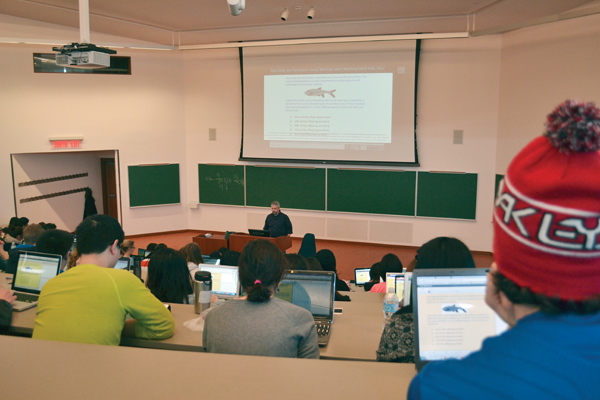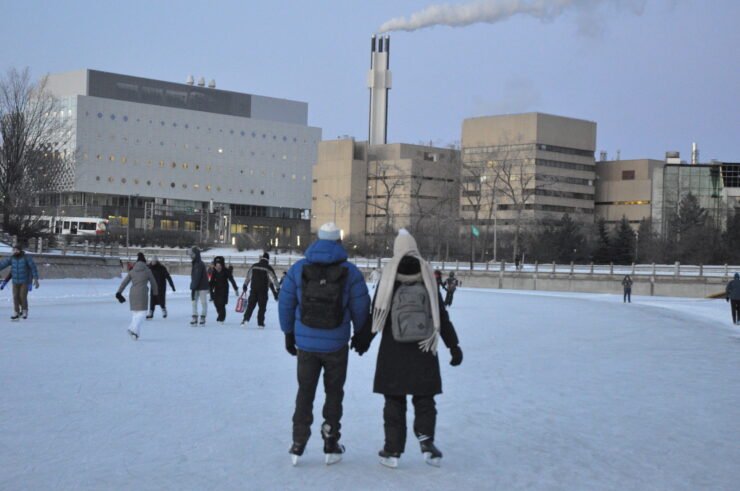U of O profs weigh in on what this new status could mean for residents
On March 30, Ottawa City councillors met to discuss the possibility of giving the nation’s capital the official status of a sanctuary city.
A sanctuary city refers to a municipality that does not check for proof of residency before providing services. In Ottawa, this can include anything from memberships at public pools and libraries to accessing sexual assault crisis centres.
The original idea for giving Ottawa the status of a sanctuary city was brought forward by councillor Catherine McKenney (Somerset ward), who offered an open invitation for public input.
So, at the March 30 meeting, the city council heard from over two dozen members of the community, including religious leaders and local activists.
Despite impassioned pleas by figures like Mohammed Zakaria Khan, president of the Ottawa Muslim Association, and Jamie Liew, a refugee lawyer and law professor at the University of Ottawa, the municipal government did not make a formal decision on the subject, even though official action could be taken as early as April 12.
The topic of sanctuary cities has recently entered the spotlight following a renewed focus on undocumented immigration in western politics and, most notably, United States President Donald Trump’s pledge to withhold federal funding from sanctuary cities.
According to Luisa Veronis, a social geographer and professor from the U of O’s Faculty of Arts, making Ottawa an official sanctuary city “has a lot of benefits because it will allow all municipal services to be open and accessible to people regardless of their immigration status, considering that people pay taxes regardless of their status.”
In response to arguments that sanctuary cities are more prone to undocumented immigrants, Veronis believes “That could be a possibility … but most of the so-called ‘illegal’ people who come to Canada from the United States are most likely legitimate asylum claimants, so I don’t see a problem.”
The Fulcrum also spoke with David Moffette, a sociologist and assistant professor at the U of O’s Department of Criminology, who specializes in immigration and the role of criminal law in immigrant communities.
According to Moffette, the popular image of an illegal resident is often incorrect.
“This is not necessarily (a) refugee—it can be someone on a student visa, international students at the U of O whose visas expired before they finished, while legally they still can be here.”
According to Moffette, the image of what a sanctuary city actually is has been stretched beyond its intended meeting, since this status does not involve any new services nor does it affect provincial programs such as healthcare and welfare.
“There’s a lot of resistance for it … it’s a pretty down to earth, simple idea, I believe, and so discussion right now to adapt a policy like this in Ottawa, a few councillors are very reticent about it. I think they don’t really like that we’re saying that people are not granting (access to services to some people). They like to pretend it’s all beautiful in Ottawa.”
—With files from Nadia Drissi El-Bouzaidi





